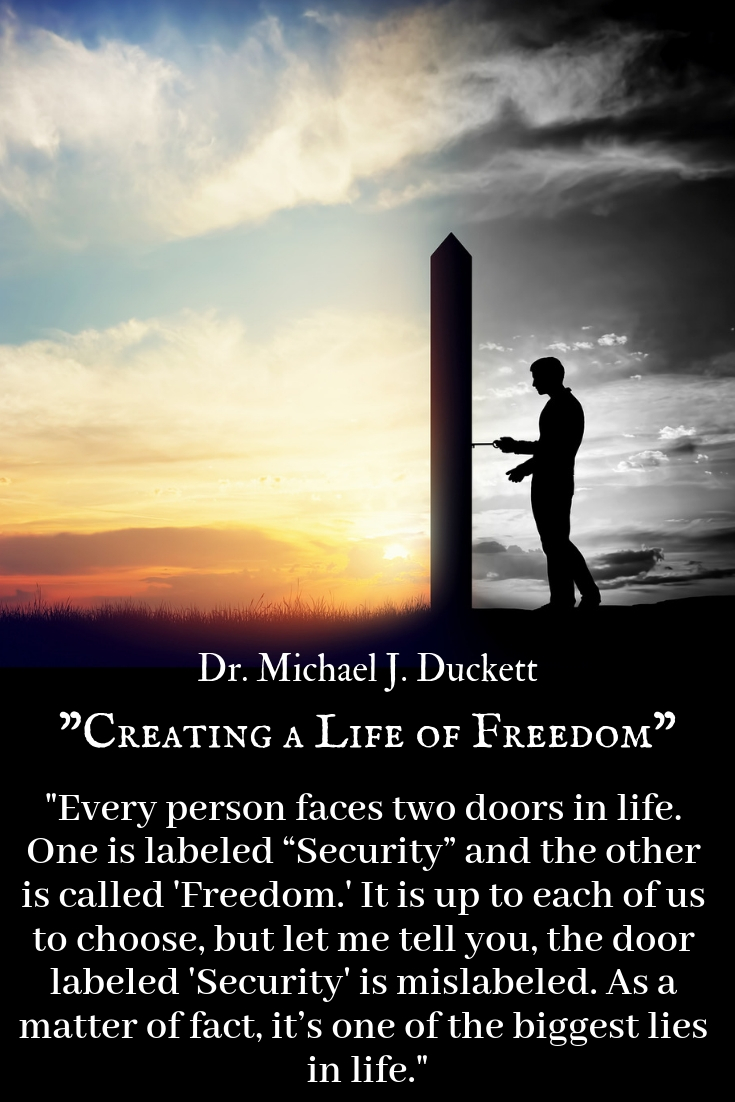

On the other hand, as Friedrich Hayek puts it, “‘Emergencies’ have always been the pretext on which the safeguards of individual liberty have been eroded.” Crises may become the excuse for permanent erosion of civil liberties and even a backsliding of civil democracies.Īs the world confronts the global health threat of the COVID-19 pandemic, what are citizens willing to sacrifice and what are they steadfast in supporting no matter what the circumstance? How do citizens’ views vary across countries and across demographic groups within a country? How do such views change over time in relation to the evolution of the pandemic? Given the scale of the pandemic and the extraordinary measures adopted by governments to curtail it, the COVID-19 crisis provides a unique and tragic opportunity to understand how citizens view the trade-offs between civil liberties and improved public health conditions.

On the one hand, the state’s ability to weather the crises often hinges on mobilizing resources and imposing restrictions.

However, when societies are faced with major crises, the trade-offs between individual civil liberties and societal well-being become acute and inevitable. In fact, civil liberties are so fundamental that some consider them as “sacred,” and not to be subject to comparison or trade-offs. Political philosophers – from John Locke to John Stuart Mill to John Rawls – argue that the foundation of the justice of the state is its respect for and protection of civil liberties, such as due process, freedom of speech, and right to privacy. The notion that humans have natural, inalienable rights is the foundation of liberal democracies.


 0 kommentar(er)
0 kommentar(er)
